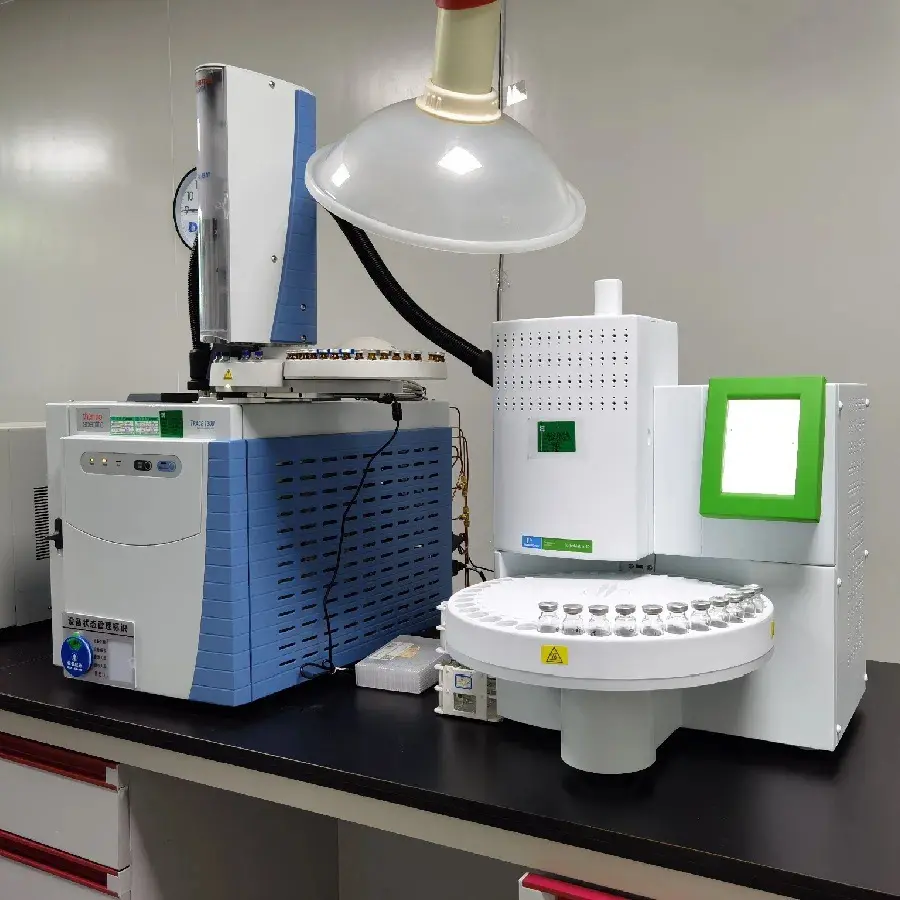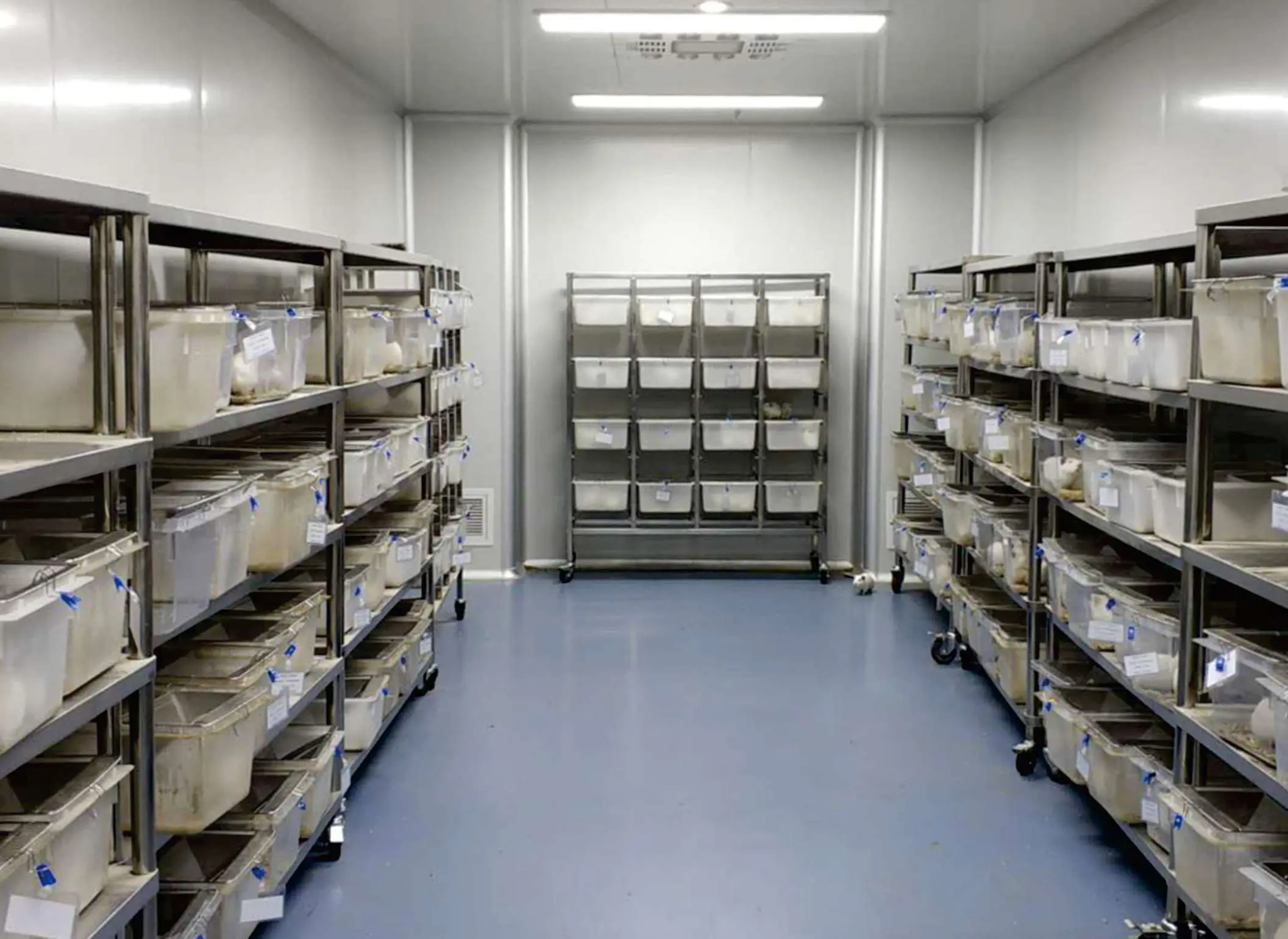
Bluetooth Wi-Fi Speaker FCC Certification in the USA
To export Wi-Fi speakers to the United States, it is necessary to obtain FCC certification, specifically the fcc id certification.
Overview of FCC Certification
FCC stands for Federal Communications Commission, a U.S. government agency. FCC certification is a mandatory requirement for electronic products entering the U.S. market, covering over 50 states, Washington D.C., and U.S. territories. The FCC has strict regulations on electromagnetic interference (EMI) for electronic products operating above 9kHz. Most electronic products only require a standard EMI test. However, wireless products must obtain a locally issued certificate with an FCC ID number, which can be facilitated by multiple agencies in China.

FCC certification includes two modes:
1. SDoC (Supplier’s Declaration of Conformity): The equipment supplier (note: this must be a local U.S. company) tests the equipment to ensure it meets the required standards or specifications. The compliant equipment must provide relevant documentation (e.g., the SDoC declaration) to the public as proof. The SDoC policy simplifies the previous complex FCC certification requirements, further reducing the burden on businesses.
2. Certification (ID): This applies to certified devices such as low-power transmitters like cordless phones, remote controls for automatic doors, radio-controlled toys, security alarm systems, devices under Part 15 that intentionally emit radio frequency energy, industrial, scientific, and medical equipment used by the general public under Part 18, automatic frequency converters, super-regenerative receivers, TV interface devices, and home computers and their peripherals. The responsible party must ensure the device is marked with an FCC ID.
fcc testing Content
The technical report submitted to the FCC includes performance indicators such as RF output power, modulation characteristics, occupied bandwidth, spurious emissions at the antenna port, radiated spurious emissions, frequency stability, and spectral characteristics. The FCC regulations specify the limits and testing requirements for each performance indicator. Below is a brief introduction to the corresponding test methods.
- RF Output Power: The procedure involves adjusting the voltage and current fed into the RF amplifier circuit to achieve maximum rated power transmission, with appropriate loads applied at the RF output port to test the maximum RF output power. Different types of transmitters may require different power adjustment methods, which should be detailed in the technical report.
- Modulation Characteristics:
1. For voice-modulated communication products, the frequency response curve of the audio modulation circuit within the 100-5000Hz range must be measured. If the product uses an audio low-pass filter, the frequency response curve of the filter must also be measured.
2. For products using modulation limit processing, the relationship curve between the modulation percentage and input voltage across the entire frequency and signal power range must be measured.
3. For single-sideband, independent sideband radio transmitters with peak envelope power limit circuits, the relationship curve between peak envelope output power and input voltage must be measured.
4. Other types of products will be handled according to the applied certification type and corresponding regulations.
- Occupied Bandwidth: The measurement method will vary depending on the modulation method used by the product, but the general principle is to test under conditions where the modulating signal has the maximum amplitude in a typical business mode. The input modulation signal should be detailed in the report.
- Spurious Emissions at the Antenna Port: In addition to measuring the RF power or voltage at the product’s useful frequency points, spurious frequencies must also be measured. During testing, an appropriate dummy antenna can be applied at the antenna output port. Harmonics and other significant spurious emissions should be given special attention.
- Radiated Spurious Emissions: This test mainly detects the field strength of harmonics and significant spurious emission points at the product's casing, control circuit modules, and power ports. For products with an operating frequency below 890MHz, the measurement should be conducted in an open field or anechoic chamber. For on-site testing, a detailed analysis and explanation of nearby RF sources and obvious reflective objects is required.
- Frequency Stability: This includes examining how frequency changes with variations in environmental temperature and input voltage for the product’s frequency determination and stability circuits. In special cases, this may also include frequency stability when using different antennas or moving near large metallic objects. The temperature variation range is -30°C to +50°C, with measurement intervals not exceeding 10°C. Sufficient time must be allowed for components related to the resonant circuit to stabilize at each temperature point.
- Spectral Characteristics: The spectral range for evaluating spurious emissions and radiated field strength will be determined based on the product's operating frequency. The lowest frequency for spectral study can be the product's actual lowest operating frequency point; if this is below 9kHz, 9kHz will be used as the minimum. The choice of the highest frequency follows these principles:
1. For products with an operating frequency below 10GHz, the 10th harmonic of the highest fundamental frequency is selected as the maximum frequency for evaluation. If the 10th harmonic exceeds 40GHz, 40GHz is used as the maximum frequency.
2. For products with an operating frequency between 10GHz and 30GHz, the 5th harmonic of the highest fundamental frequency is selected as the maximum frequency for evaluation. If the 5th harmonic exceeds 100GHz, 100GHz is used as the maximum frequency.
3. For products with an operating frequency above 30GHz, the 5th harmonic of the highest fundamental frequency is selected as the maximum frequency for evaluation. If the 5th harmonic exceeds 200GHz, 200GHz is used as the maximum frequency.
Please send us the specifications for a specific cost estimate, and we will respond with the price within 3 hours.
Email:hello@jjrlab.com
Write your message here and send it to us
 When Can FCC ID Modifications Be Filed?
When Can FCC ID Modifications Be Filed?
 LoRa Certification Testing Laboratory
LoRa Certification Testing Laboratory
 Blood Pressure Monitor Certification Testing Servi
Blood Pressure Monitor Certification Testing Servi
 ECG Device Certification Testing
ECG Device Certification Testing
 Pulse Oximeter Certification and Testing Standards
Pulse Oximeter Certification and Testing Standards
 IVD Medical Device GB 4793:2024 Test Report
IVD Medical Device GB 4793:2024 Test Report
 IECEE CBTL Testing Laboratory for IVD Medical Devi
IECEE CBTL Testing Laboratory for IVD Medical Devi
 China OECD GLP-Certified Laboratory
China OECD GLP-Certified Laboratory
Leave us a message
24-hour online customer service at any time to respond, so that you worry!




